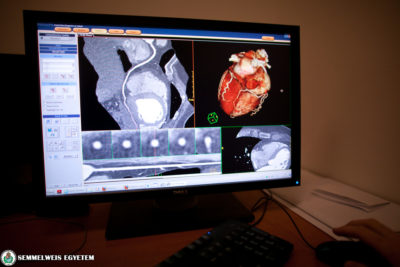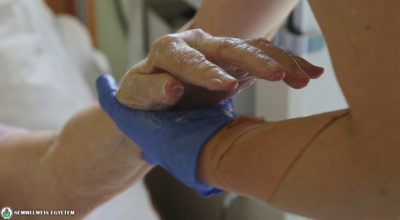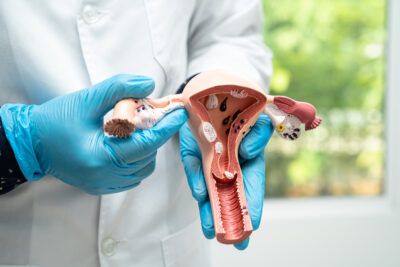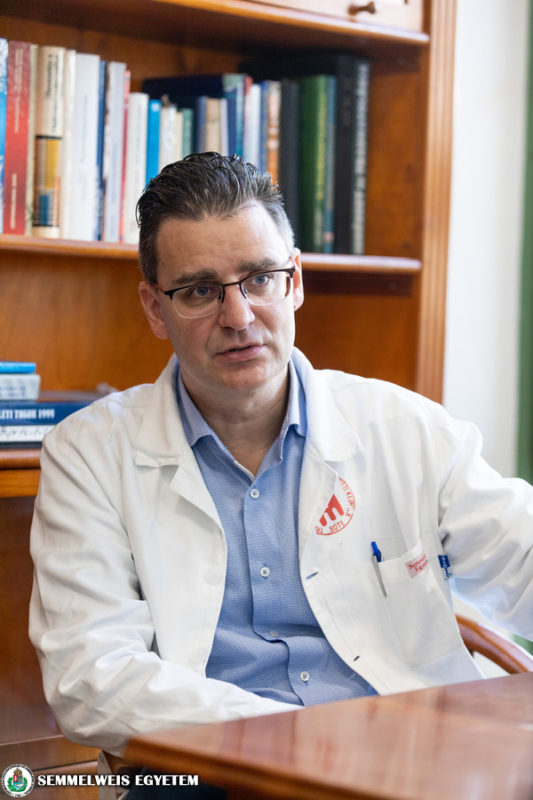 “With the establishment of the Department of Surgery, Transplantation and Gastroenterology a powerful and comprehensive unit has been created, where general surgery and transplantation surgery are run as separate profiles, while gastroenterology is linked to both,” said Dr. Attila Szijártó, Director of the Department, in connection with the merger of the former Department of Transplantation and Surgery Clinic and the 1st Department of Surgery and Interventional Gastroenterology.
“With the establishment of the Department of Surgery, Transplantation and Gastroenterology a powerful and comprehensive unit has been created, where general surgery and transplantation surgery are run as separate profiles, while gastroenterology is linked to both,” said Dr. Attila Szijártó, Director of the Department, in connection with the merger of the former Department of Transplantation and Surgery Clinic and the 1st Department of Surgery and Interventional Gastroenterology.
The capacities, number of beds and specialties allocated to surgery, transplantation and gastroenterology will remain unchanged.
“In the field of organ transplantation we would like not only to maintain but also to significantly improve our current position,” he said.
The newly created department become one of Semmelweis University’s largest inpatient facilities with 210 beds performing more than five thousand surgeries per year and treating more than 100,000 outpatients. The department has around 100 doctors, including 65 surgeons and 300 medical assistants. Both departments represented a brand of high professional quality and the Director hopes that the new unit would soon become well-known too.
The department covers the full spectrum of general surgery, with special emphasis on surgery of the digestive tract, endocrine diseases and soft tissue tumors, including breast cancer.
Gastroenterology was added to the profile of the former Department of Surgery over a year ago, which has developed into a high quality center. The full profile of the gastroenterology is covered, including interventional procedures, the treatment of inflammatory bowel diseases, bleeding patients, pancreatic and liver patients. It is also home to one of the largest national centers for home parenteral nutrition, which provides home infusion treatment for patients, who are unable to feed.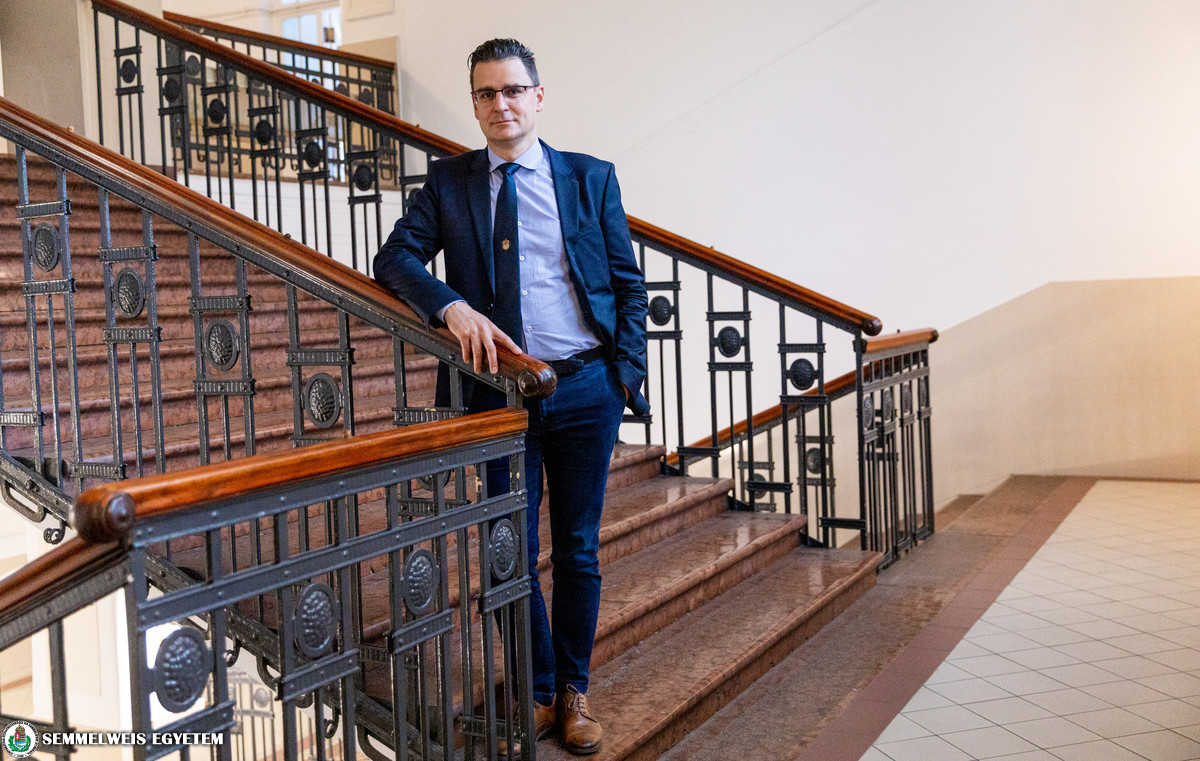
Dr. Attila Szijártó recalled that the first kidney transplantation ensuring long-term survival was performed here and liver transplantations have been performed here as well. The integration of the two departments brings surgery and transplantation back together after 27 years.
“The merger will gather knowledge, a common methodology and approach to care will develop. Tasks and resources will be optimized to create more predictable, sustainable working conditions that will ease the burden on staff and will be more efficient from an economic point of view. This also means further improvement of quality for patients. International data also show that large centers have lower mortality and morbidity rates,” the director said.
Semmelweis University performs the most organ transplants in Hungary, and its transplantation activity is also at the forefront of Eurotransplant.
The director believes that reorganizing and the reallocating other surgical activities will make the organization of transplantation even more efficient. He is determined to increase the number of living donor kidney transplants to maximum capacity this year and, in the long run he would like to do the same for living donor liver transplants.
Dr. Attila Szijártó spent an extended period of time in Japan between 2011 and 2012, working at the Liver Surgery and Living Donor Transplantation Center of Kyoto University. This is why he is happy to be working in the field again as director.
Dr Attila Szijártó became the director of the former Department of Surgery and Interventional Gastroenterology in March 2020. His attachment to the department dates back to his university years, where he started his scientific activities as a student in the mid-1990s and developed an interest in the surgery of liver, biliary and pancreatic diseases. Since graduating in 2001, he has worked at the clinic, becoming Deputy Director in 2016 and Director on 4 March 2020, while he was also elected as President of the Scientific Student Council in 2019.
In the next few years one of his objectives is the organization of a liver transplant program for children under 10 kilograms, which would make Hungary a regional center. Currently, patients are transferred to Germany from Hungary and from the neighboring countries. He also highlighted that thanks to the merger, transplantation and complex nephrology and hepatology care, including pre- and post-transplant care, are now available in one department.
“In both departments a very serious approach has been established in the past, which will be strengthened by the unification. We play an important role training elite training surgeons, and also determining the volume and unified approach of our training that we can offer the next generation of surgeons,” the director said.
The educational profile of the two departments has become completely homogeneous, with the same curriculum, with emphasis on all areas, and students can acquire a more unified knowledge.
“Merging the two departments after 27 years is a serious task and responsibility,” said Dr. Attila Szijártó
He believes that goals must be set carefully, which have to be pursued consistently bearing in mind that empathy and good relationship between colleagues are also important. In this work he is aided by three deputy directors who he can rely on anytime.
The acting head of the transplantation program and deputy director of the Baross Street department is Dr. László Piros, associate professor, while Dr. Ákos Szűcs and Dr. Oszkár Hahn continue to assist Dr. Attila Szijártó as deputy directors of the Üllői Street department.
Although, according to Dr. Szijártó, management is a one-man job, as it is the director who makes the decisions at the end of process, the stable support provided by his colleagues is very important in decision making. This solid foundation allows predictable and high level management of such a robust complex institution. He underlined that even with his expanding leadership responsibilities, he does stop his surgical activities, and time in the operating room is of particular importance to him, where he turns off his phone, shutting out necessary errands, and devotes all his attention to patient care.
In September 2020, 112-year-old the Department of Surgery in Üllői Street was extended with a gastroenterology profile, and was renamed the 1st Department of Surgery and Interventional Gastroenterology. In July this year, the tasks of the 2nd Department of Surgery, were also partly transferred to this Department (and in part to the Department of Transplantation), after the institute was terminated by organizational and functional succession. The merger of the Department of Transplantation and Surgery into the 1st Department of Surgery and Gastroenterology I was decided in September by the University’s supreme decision-making body, which led to the creation of the current Department of Surgery, Transplantation and Gastroenterology on 1 October.
Pálma Dobozi
Photo: Attila Kovács – Semmelweis University
Translation: Ágnes Raubinek
